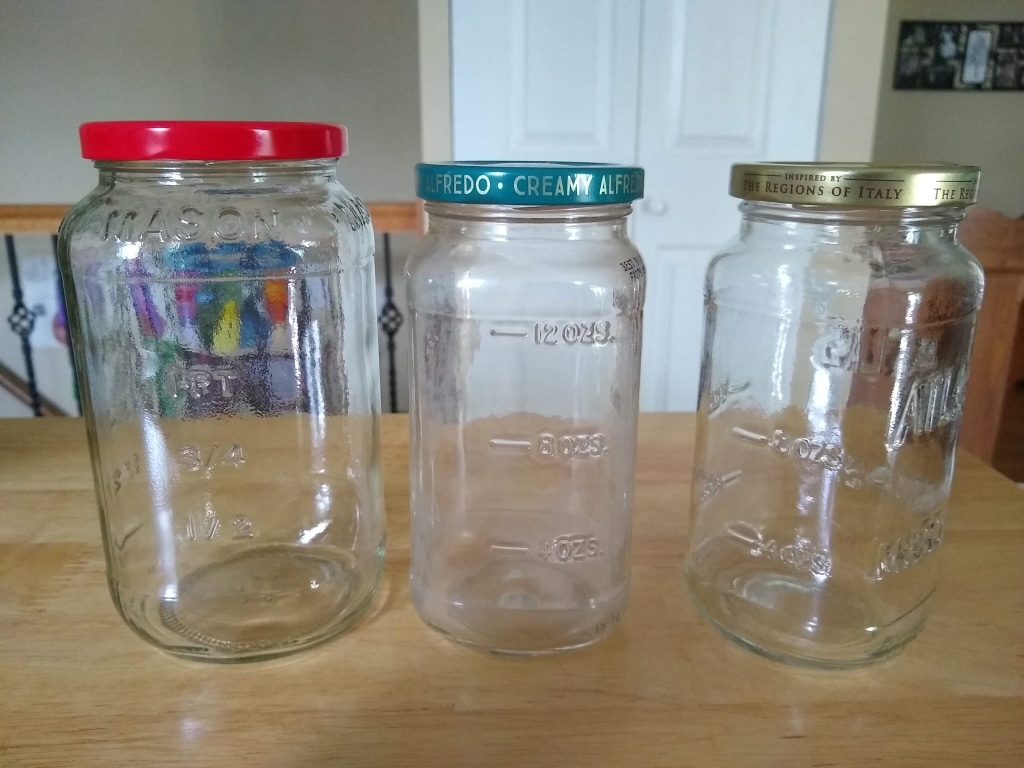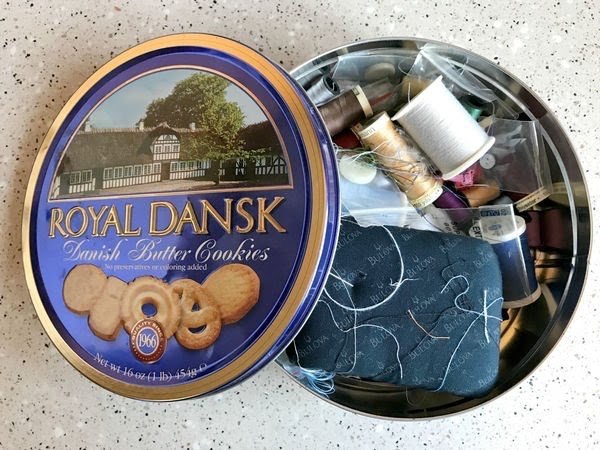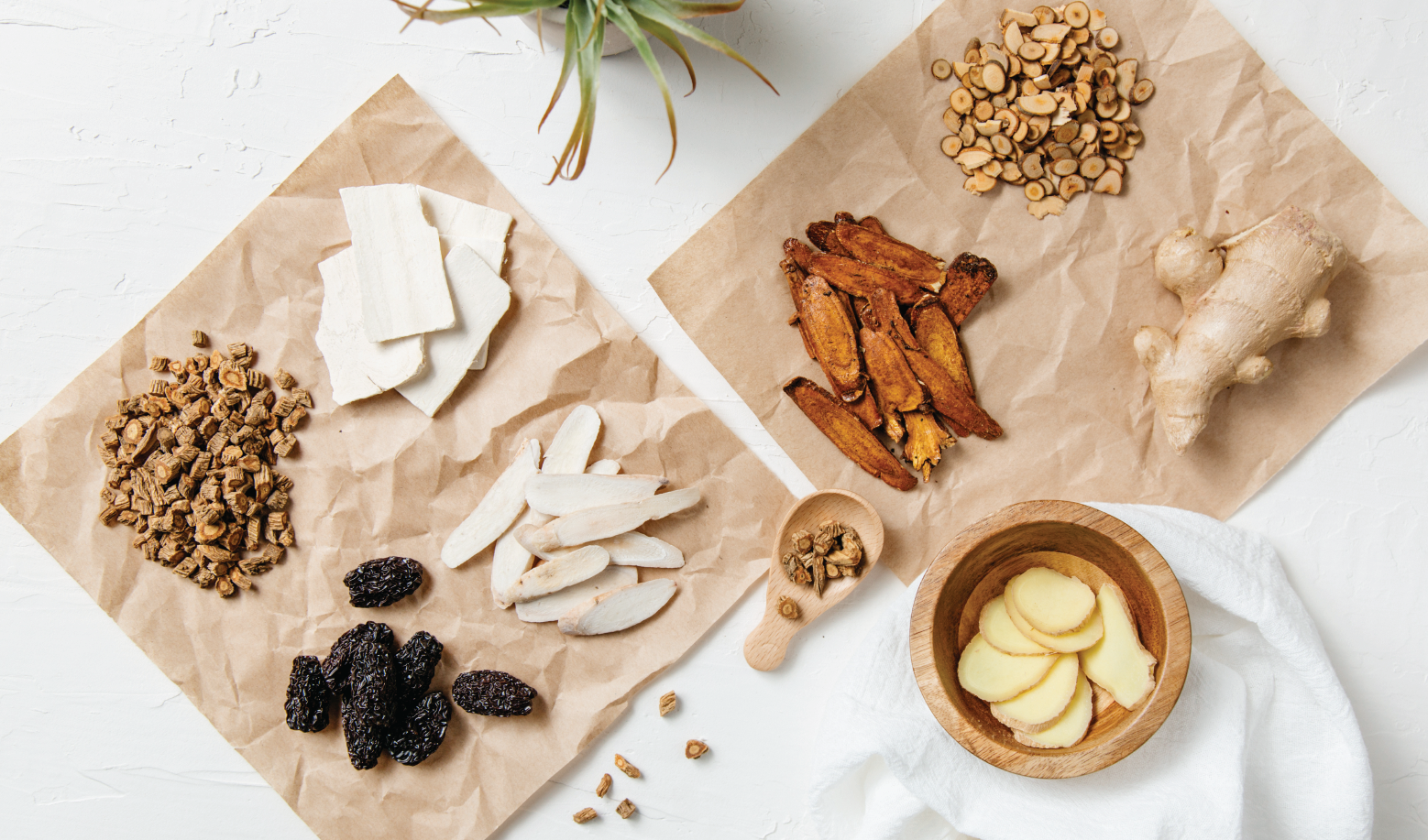For Earth Month, I wanted to share some thoughts on how my own upbringing in an Asian household set the foundation for my sustainability practices today.
I grew up in an Asian household where my parents believed that everything can have a second life - sometimes it just falls into place and sometimes it just takes a little creativity to figure it out. Reusing or recycling things like pasta sauce glass jars as drinking glasses or the infamous cookie tin as a storage for our sewing supplies (IYKYK) were effortless practices that created the foundation for how I try to live my life today and how I operate Honey Belle.


I started Honey Belle out of personal necessity. It was all about figuring out how to create products that I needed for my skin because products on the market were too costly and most had a long list of ingredients with things I couldn’t even pronounce. When I found that the products I handmade (alongside my mom) worked for me and my family, I wanted to share it with whoever I could in my community and offer them at fair prices.
My mom is a huge reason why I developed the “figure it out” gene. With her background in East Asian medicine, she views the world in a totally different way than I do. She knows the benefits of natural ingredients and can create remedies to common ailments where most people follow the marketing copy on a bottle and call it good. I believe my mom’s knowledge is a cool way to stay connected to our ancestors and how they used what the Earth provides to bring wellness and balance to life.

Now stepping outside of myself, Asian cultures have a long history of sustainable practices and philosophies. These practices are deeply rooted in traditional knowledge and beliefs that emphasize the interdependence and interconnectedness between humans and nature - all living things. This perspective has led to the development of sustainable practices that aim to preserve natural resources and protect the environment for future generations.
In China, the concept of "harmony between man and nature" has been an important principle of governance for centuries. The ancient philosopher Confucius advocated for the responsible use of natural resources and the preservation of biodiversity. Traditional Chinese medicine, which uses plant-based remedies, also reflects a sustainable approach to healthcare.

Similarly, in Japan, the concept of "mottainai" or "waste nothing" is deeply ingrained in the culture. This principle emphasizes the importance of using resources wisely and avoiding waste. Japanese traditional agriculture practices such as terracing and crop rotation are also based on the principles of sustainability.
In India, the ancient philosophy of "ahimsa" or non-violence, extends to the treatment of the environment. The traditional practice of "ayurveda," which uses natural remedies derived from plants, also reflects a sustainable approach to healthcare.
In Southeast Asia, traditional practices of agroforestry and sustainable fishing have been used for centuries. For example, in Indonesia, the "subak" system of rice cultivation in Bali emphasizes the importance of community cooperation and the preservation of water resources.

Overall, Asian cultures have a rich history of sustainable practices that are based on principles of respect for nature and the responsible use of resources. Many of these practices continue to be used today, and have the potential to offer important lessons for achieving a more sustainable future.
As I continue my journey building Honey Belle and creating products for you, its my goal to remember and put into practice not only my history with sustainability but my ancestor’s too!
Here's to continuing this journey together 💚

Leave a comment